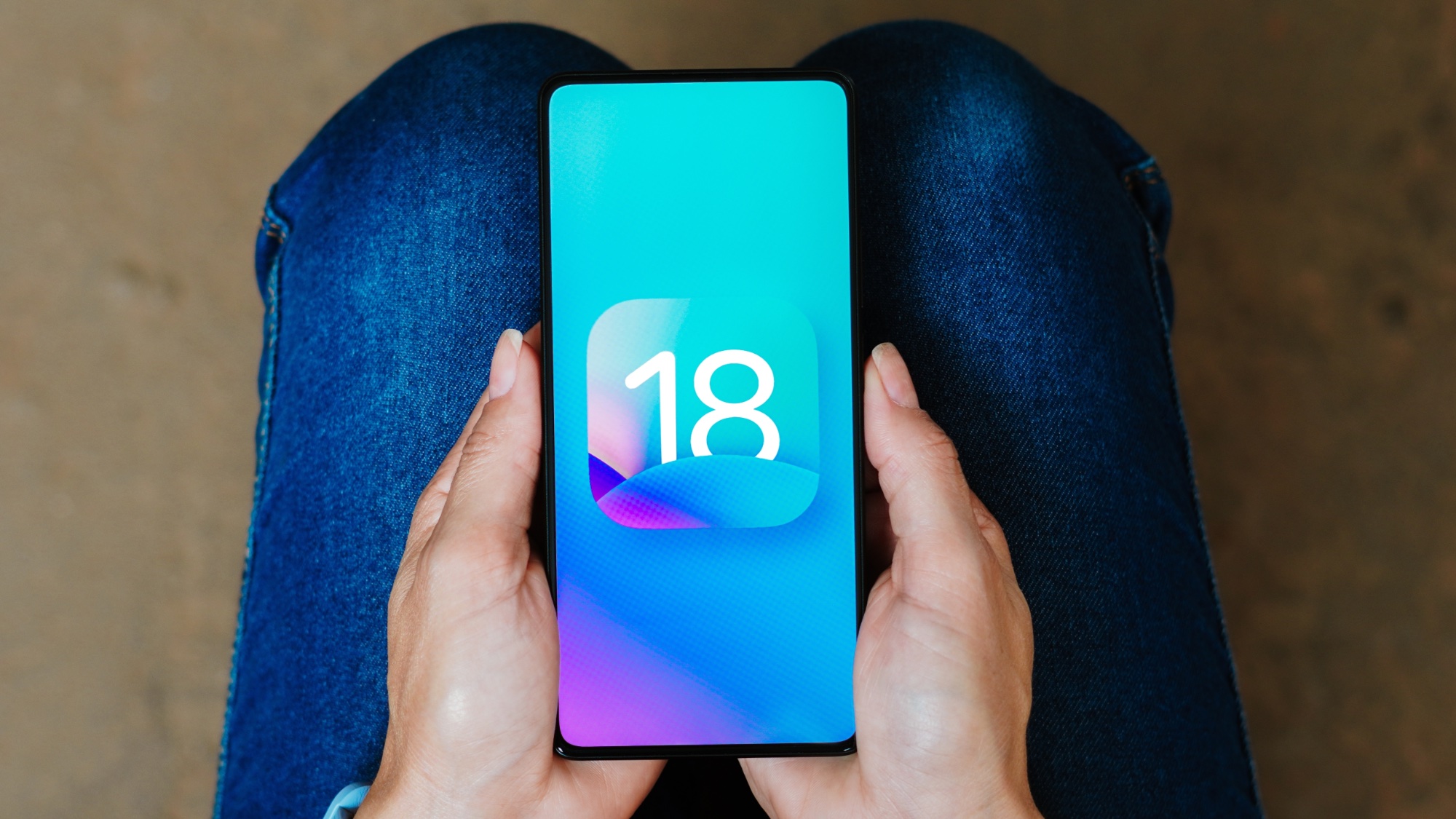
Apple’s artificial intelligence features in iOS 18 will use on-device processing and a large language model running locally rather than in the cloud like its competitors.
According to a report by Bloomberg's Mark Gurman, Apple's update featuring generative AI services similar to those in Microsoft Copilot or Google Gemini will be run using the onboard neural engine, although it will use some cloud services for the core advanced functionality.
“It looks like the initial wave of features will work entirely on-device,” Gurman writes. “That means there’s no cloud processing component to the company’s large language model, the software that powers the new capabilities. This approach comes with some benefits, including speed and privacy.”
The iPhone maker has always been privacy conscious and the risks of sending vast amounts of potentially sensitive data to the cloud has led them to explore alternative solutions. This includes new AI models like Ferret-UI which can analyze a phone screen thanks to advanced AI capable chips like the M4.
Gurman says no cloud processing will be involved in the first Apple large language model. This is the underlying software that will power text analysis, summarizing and other AI features. It is also what could make Apple a leader in the AI space.
How will Apple keep AI off the cloud?

Apple has invested heavily in AI-capable hardware for years. It also has a significant number of AI services running on its neural engine including some Siri functionality and transcription.
In the past few months we’ve seen multiple new models from Apple’s AI research division focused on making the most out of the processing power of its own silicon with on-board models able to perform as well as, if not out perform some of the big players like OpenAI’s GPT-4.
This means that instead of the text prompts and data going off through the internet to a large language or image model running in the cloud, then coming back to be displayed on the device — it would all happen on the phone.
On-device AI isn’t as capable and could actually be slower than sending it to the cloud if the request is complex, but it is more secure and can run offline.
What does this mean for iOS 18?
Gurman wrote in his Power On newsletter: "As the world awaits Apple's big AI unveiling on June 10, it looks like the initial wave of features will work entirely on device." This, he says means “no cloud processing component to the company's large language model.”
Some of the more advanced features rumored for Siri 2.0 including image generation or longer-form text generation in tools like messages and Keynote could still require cloud processing and work through third-parties like Google Gemini or OpenAI ChatGPT.
On-device AI isn’t as capable and could actually be slower than sending it to the cloud if the request is complex, but it is more secure and can run offline"
Apple is rumored to have taken multiple partnership meetings with AI companies including OpenAI, Google and China’s Baidu for potential integration into its ecosystem.
There are multiple AI features and integrations rumored to be part of the massive iOS 18 upgrade including in the health app. In this situation data is so sensitive Apple likely would have to keep it on device in some form.
Other updates could include generating playlists in Apple music, making Keynote slides and generating text in Pages — similar to functionality already in Google Docs or Microsoft Word.







